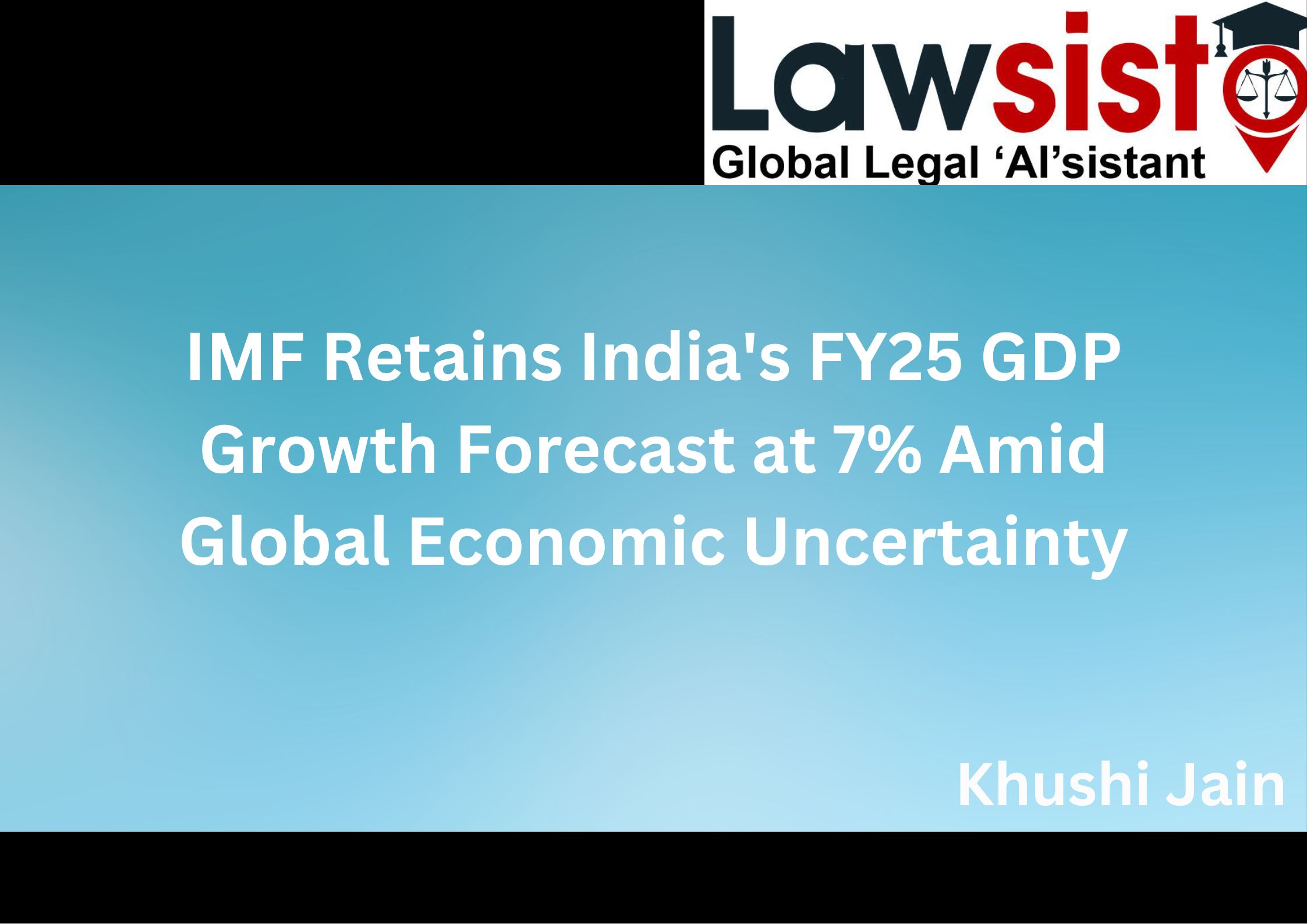Latest News
The Evolving Landscape of Russian Anti-Suit Injunctions Amid Sanctions

The Evolving Landscape of Russian Anti-Suit Injunctions Amid Sanctions
Introduction:
On 4 July 2024, Russia’s Arbitrazh Court of the North-Western Region upheld a significant anti-suit injunction, reinforcing Russia’s legal strategy of blocking foreign arbitration proceedings involving sanctioned Russian entities. The case, Gazprom v. Uniper Global Commodities SE and Methanhandel GmbH exemplifies a broader trend of Russian courts asserting jurisdiction in disputes that would otherwise be resolved through arbitration, as sanctions complicate access to foreign legal systems.
Background and Context:
The dispute arose from long-term gas supply contracts between German companies Uniper and Metha and the Russian state-owned Gazprom. Following reduced gas deliveries in 2022, Uniper and Metha initiated ad hoc arbitration in Stockholm, seeking compensation for EUR 14.3 billion in damages. In response, Gazprom obtained an anti-suit injunction from the Russian Arbitrazh Court, citing Articles 248.1 and 248.2 of the Russian Arbitrazh Procedural Code (RAPC).
These provisions allow Russian entities facing sanctions to transfer disputes to Russian courts, overriding arbitration agreements unilaterally. The rationale is based on sanctions limiting Russian parties’ access to justice abroad. In granting the injunction, the court imposed a potential EUR 14.3 billion fine on Uniper and Metha for continuing the arbitration.
Russia’s Legal Strategy:
Russian courts have consistently applied Articles 248.1 and 248.2 to protect sanctioned entities from foreign legal proceedings. This strategy is not limited to arbitration but extends to foreign litigation. The Gazprom v. Uniper ruling mirrors similar decisions involving Dutch and Czech companies. The court’s willingness to defend jurisdiction over disputes involving sanctioned entities, even without concrete evidence of restricted access to justice abroad, underscores Russia’s commitment to controlling such cases domestically.
International Response:
While Russian courts solidify their stance, international courts remain sceptical. In the UK, courts have issued anti-anti-suit injunctions, preventing parties from complying with Russian court orders. Similarly, the EU has responded by amending sanctions legislation, allowing EU entities to claim compensation for losses from Russian litigation. These measures reflect growing concerns about Russia’s challenge to the international judicial comity.
Conclusion:
As sanctions persist, Russian courts are increasingly granting anti-suit injunctions, reshaping the arbitration landscape for foreign entities. This trend highlights the broader geopolitical tensions impacting international legal frameworks, and it remains uncertain whether political resolutions will alleviate these legal challenges shortly.


































































































